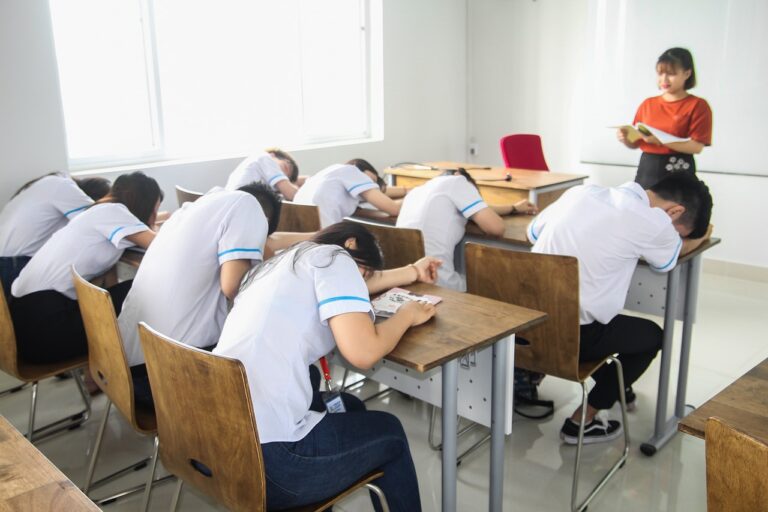Promoting Equity in Access to Advanced Placement (AP) Exams: Addressing Barriers to Success
Underrepresented students often encounter multiple barriers when it comes to accessing Advanced Placement (AP) exams. One prominent challenge is the lack of resources and support within their schools. Many underfunded schools may not offer a wide range of AP courses or may have limited access to experienced AP teachers. As a result, students from these schools may not have the opportunity to adequately prepare for these challenging exams, putting them at a disadvantage compared to their peers from more affluent school districts.
Additionally, underrepresented students may face systemic inequalities that hinder their ability to succeed in AP courses and exams. Factors such as racial discrimination, stereotypes, and implicit bias can impact students’ self-confidence and sense of belonging in advanced academic settings. These barriers can create a hostile learning environment that makes it difficult for underrepresented students to thrive and excel in their AP studies, further perpetuating the existing disparities in educational outcomes.
Importance of Access to AP Exams
Access to Advanced Placement (AP) exams plays a crucial role in providing equal opportunities for students to demonstrate their academic proficiency and potential. By offering a pathway to earn college credit while still in high school, AP exams can significantly impact students’ future educational and career opportunities. Students from all backgrounds deserve the chance to pursue these rigorous courses and exams, as they can help level the playing field and bridge the gap in educational attainment.
Furthermore, access to AP exams not only helps students gain college credit but also fosters critical thinking skills, academic rigor, and a deeper understanding of various subjects. By challenging students with college-level material, AP exams encourage intellectual growth and prepare them for higher education. Access to these exams is essential in empowering students to reach their full academic potential and pursue their aspirations beyond high school.
Socioeconomic Factors Influencing Access
Limited access to Advanced Placement (AP) exams among students from lower socioeconomic backgrounds remains a pressing issue in the education system. Financial constraints often create significant hurdles for these students, as exam fees, study materials, and test preparation resources can be unaffordable. Without adequate financial support, many underprivileged students struggle to fulfill the requirements to sit for AP exams, impeding their chances of academic advancement and college readiness.
Moreover, the disparity in access to AP exams perpetuates existing inequalities within the education system. Students from wealthier families have greater financial resources to invest in AP exam preparation, giving them a competitive edge in college admissions. As a result, students from underprivileged backgrounds are left at a disadvantage, further widening the achievement gap between socioeconomic groups. The lack of equitable access to AP exams based on socioeconomic status not only restricts educational opportunities but also reinforces social and economic disparities in society.
• Limited access to AP exams among students from lower socioeconomic backgrounds is a pressing issue
• Financial constraints create hurdles as exam fees, study materials, and test preparation resources can be unaffordable
• Without adequate financial support, underprivileged students struggle to fulfill requirements for AP exams
• Disparity in access perpetuates existing inequalities within the education system
• Students from wealthier families have greater resources for AP exam preparation, giving them a competitive advantage
What are some common barriers faced by underrepresented students when accessing AP exams?
Some common barriers include lack of financial resources to cover exam fees, limited access to AP courses in their schools, and lack of awareness about the benefits of taking AP exams.
Why is access to AP exams important for students?
Access to AP exams provides students with the opportunity to earn college credit, demonstrate their academic abilities, and stand out in college admissions processes.
How do socioeconomic factors influence access to AP exams?
Socioeconomic factors such as income level, parental education level, and geographical location can impact a student’s ability to afford exam fees, access AP courses in their schools, and receive support and resources to prepare for the exams.







